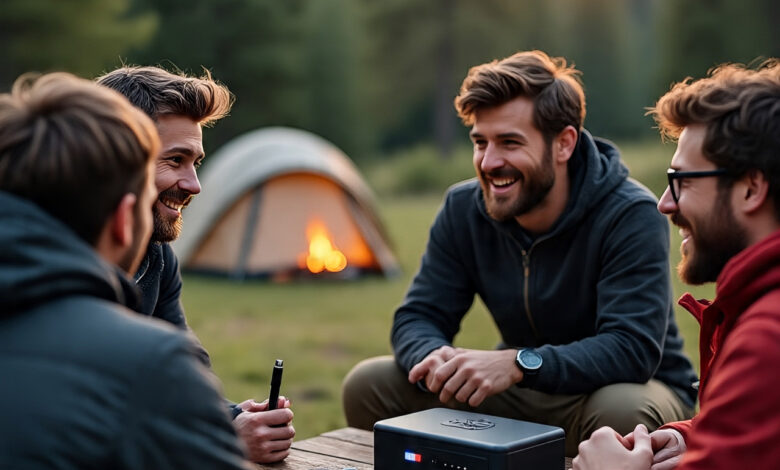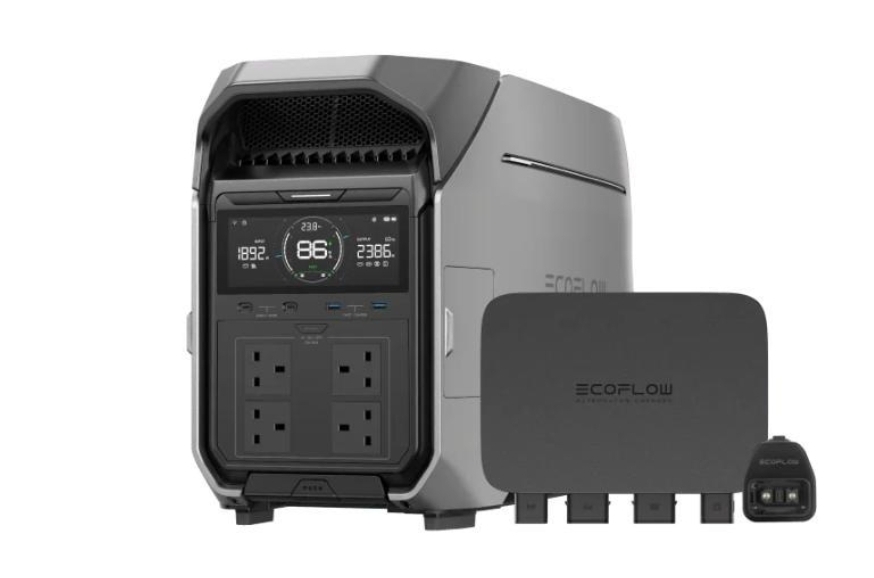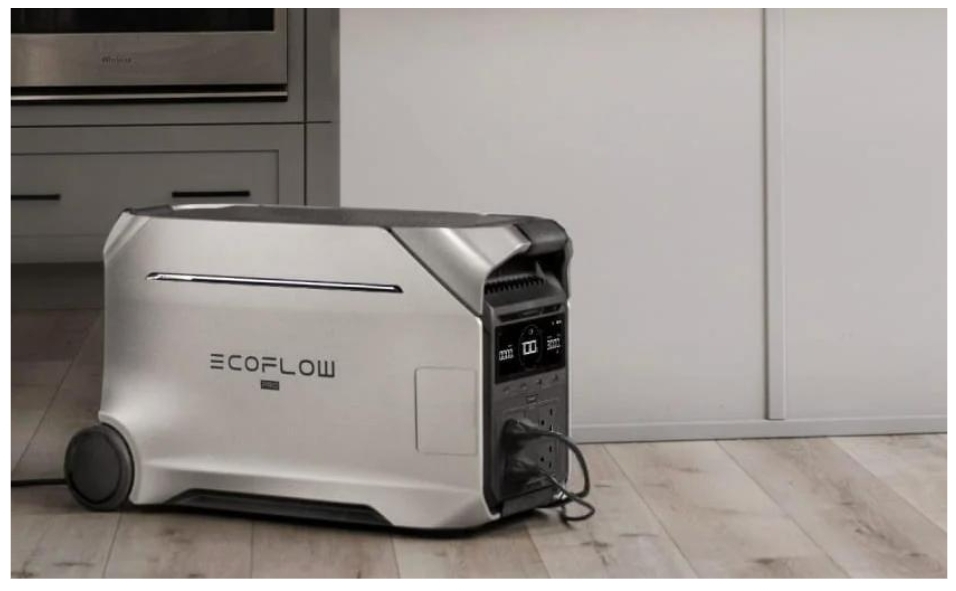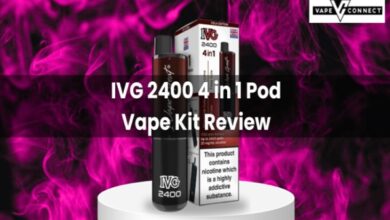What Size Portable Power Station Do Campers Need?

Camping is about simplicity, but modern trips often involve more than tents and sleeping bags. Lights, cooking gear, fans, and digital devices all need electricity to keep outdoor living safe and comfortable. Choosing the right size power system becomes one of the most important decisions for campers. Too small, and you risk running out of energy halfway through the night. Too large, and you may carry unnecessary weight. The perfect balance depends on how you camp, what appliances you use, and how long you stay off-grid. Let’s explore the details that help campers select the right capacity for their adventures.

Understanding Energy Needs For Campers
Powering Basic Camping Essentials
Every camper relies on a few critical items: lighting, phone chargers, and small fans. These devices consume relatively low amounts of power, often under a few hundred watts. A smaller unit could handle these basics, but longer trips demand more capacity. Campers also need flexibility to run multiple devices simultaneously. A steady power supply ensures nights remain safe with bright lighting, while phones stay charged for navigation or emergencies. Even if energy demands seem minimal, ensuring a buffer prevents stress. For campers who value convenience, reliable energy for these essentials is non-negotiable.
Running Cooking And Food Storage Equipment
Food preparation and storage often consume more power than expected. Portable stoves, induction cookers, or coffee makers quickly raise energy demands. Mini-fridges or coolers also need a consistent supply to keep food fresh during extended trips. Here, capacity becomes critical. Without enough stored power, campers risk spoiled meals or limited cooking options. A mid-to-large system ensures both short bursts of high power for appliances and steady output for fridges. The EcoFlow DELTA Pro 3 Portable power station, with 4000W output and surges up to 6000W, easily supports these functions. Reliable energy for food makes camping more enjoyable and stress-free.
Supporting Comfort And Entertainment
For many, camping isn’t about disconnecting entirely—it’s about blending nature with comfort. Campers often bring projectors, speakers, or heated blankets. These devices require more sustained energy, especially during evenings. Running entertainment systems alongside fans or heating elements quickly adds up. Larger capacity ensures campers can enjoy these comforts without worrying about draining reserves. Silence also matters in a campsite. Systems that operate at whisper-quiet levels, like 30 dB under moderate load, maintain peace while still powering modern conveniences. Energy that supports comfort and entertainment transforms a campsite into a home-like retreat in the wilderness.
Choosing The Right Size Based On Trip Style
Weekend Trips Vs. Extended Adventures
Short weekend trips with minimal gear often require a smaller capacity. However, extended stays in the wilderness need larger systems that can sustain energy use for days. The EcoFlow DELTA Pro 3 expands from 4kWh up to 12kWh, making it adaptable for both situations. For quick getaways, a base capacity covers lights and phones. For week-long adventures, expanded storage supports appliances, fridges, and entertainment. Flexibility is essential, since camping styles vary. A system that grows with needs saves campers from buying multiple units. The right size ensures energy never cuts trips short, regardless of duration.
Group Camping Vs. Solo Trips
The number of campers directly impacts energy demand. Solo travelers may only need to power a phone, a headlamp, and a small stove. Groups, however, bring multiple devices, larger coolers, and shared entertainment setups. Power demand multiplies quickly when four or five people rely on the same source. A scalable solution like the EcoFlow DELTA Pro 3 ensures capacity adjusts to group size. This adaptability keeps everyone’s devices charged while still running common appliances. Campers avoid conflicts over limited outlets, making group trips smoother and more enjoyable. Choosing the right size ensures harmony and reliability.

Off-Grid Stays With Solar Support
Many campers choose off-grid sites where no hookups exist. In these cases, pairing storage with solar charging becomes essential. Systems that accept solar input allow campers to recharge during the day. The EcoFlow DELTA Pro 3 supports up to 2600W solar input, letting campers extend stays without running out of energy. For off-grid adventures, a larger capacity combined with solar flexibility creates independence. Instead of rationing power, campers can cook, light, and relax freely. The right size system balances stored energy with renewable input, offering true self-sufficiency. Off-grid camping becomes more about exploration than limitation.
Conclusion
The right size power station for camping depends on trip length, group size, and appliances in use. Small units may handle lights and phones, but cooking, refrigeration, and entertainment demand larger capacities. Scalable systems, like the EcoFlow DELTA Pro 3, adapt to both short getaways and extended off-grid stays. With 4000W output, expandable storage, and solar compatibility, it supports everything from solo hikers to large family groups. Campers gain quiet, reliable power that makes outdoor life both safe and comfortable. Choosing the right size ensures trips are memorable for the right reasons—not spoiled by running out of energy.



